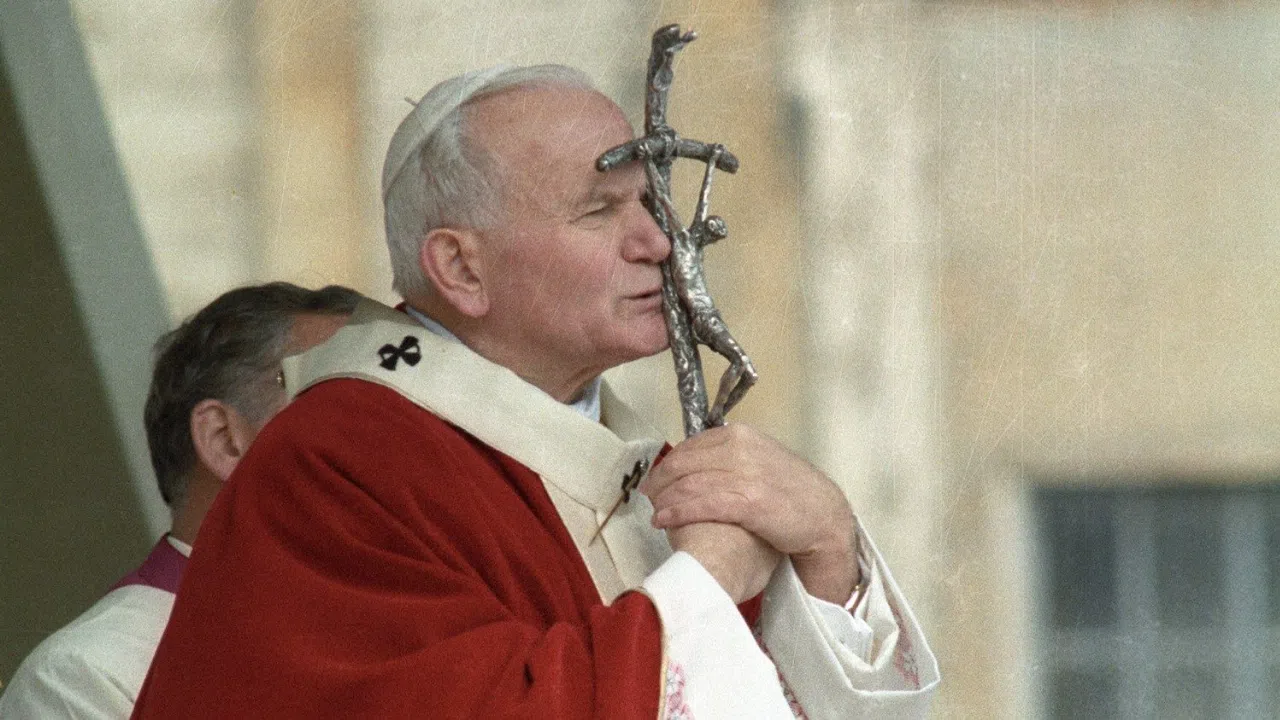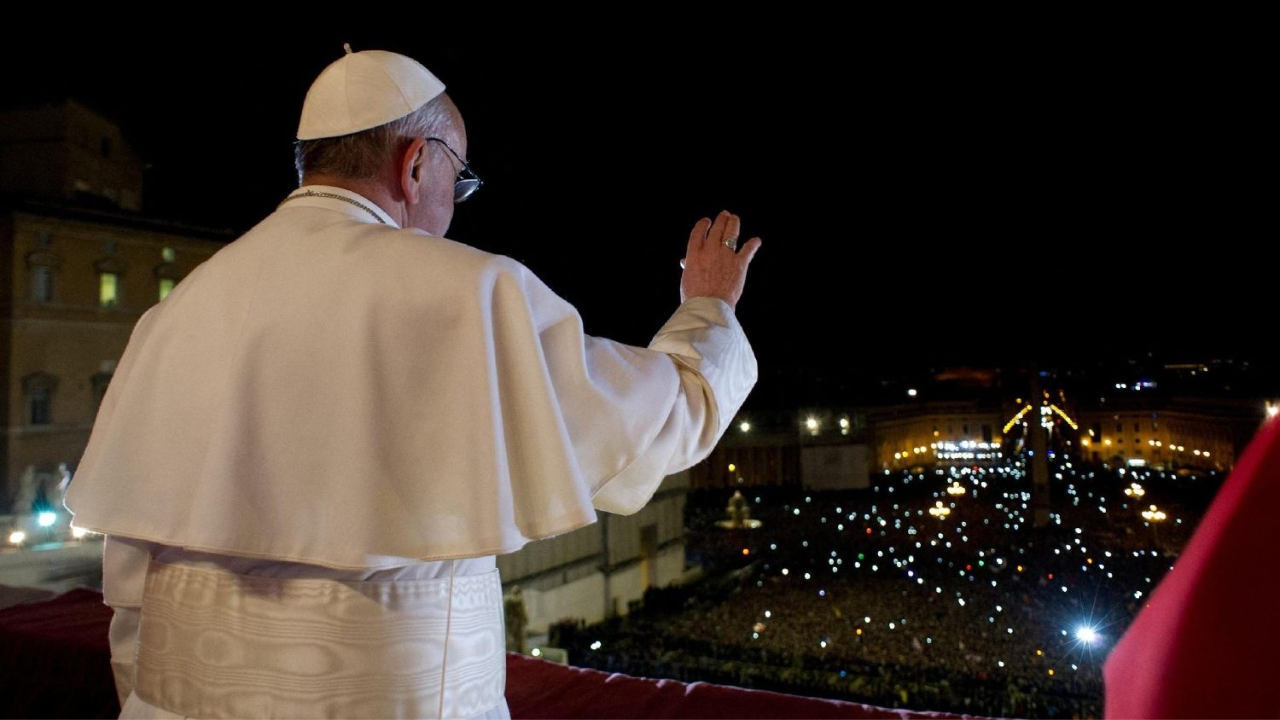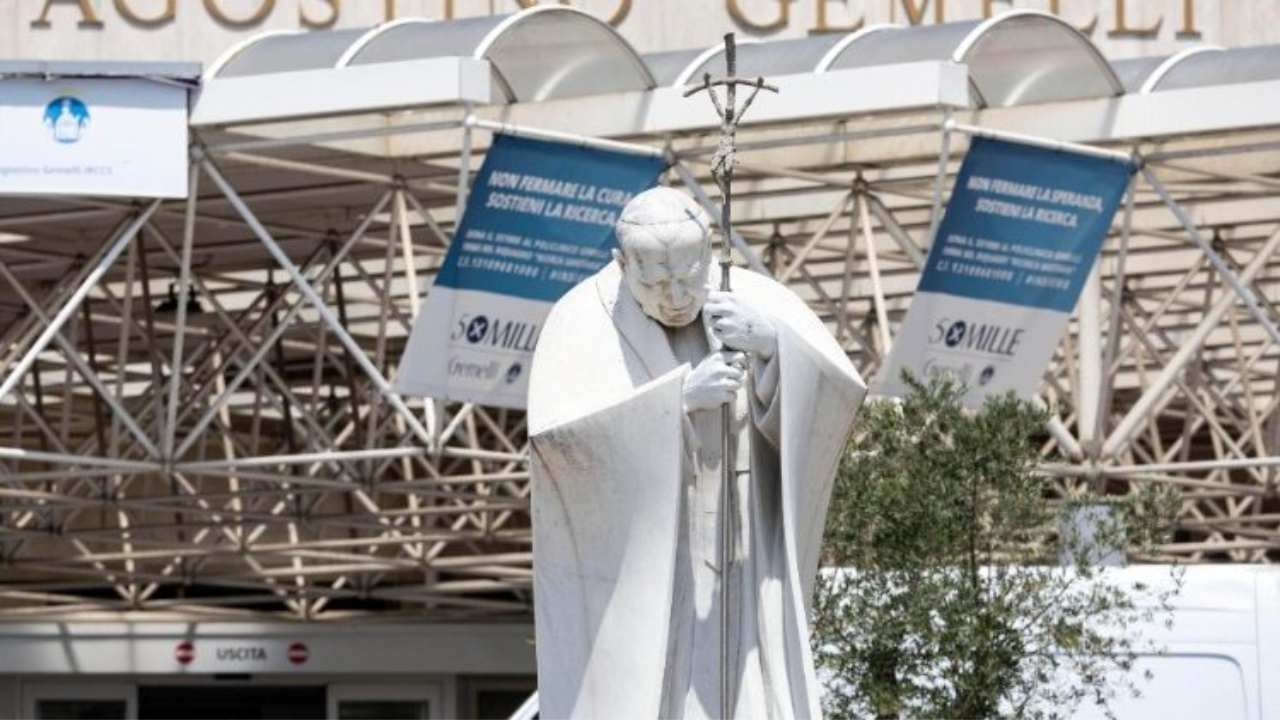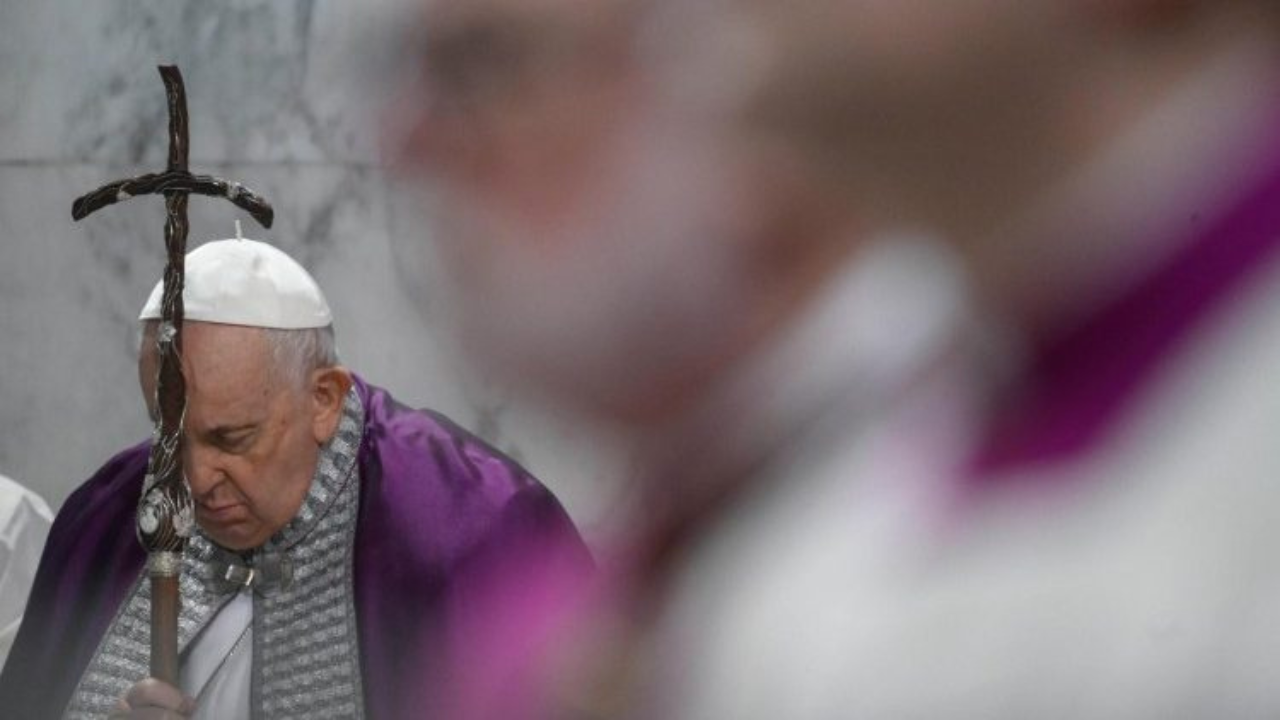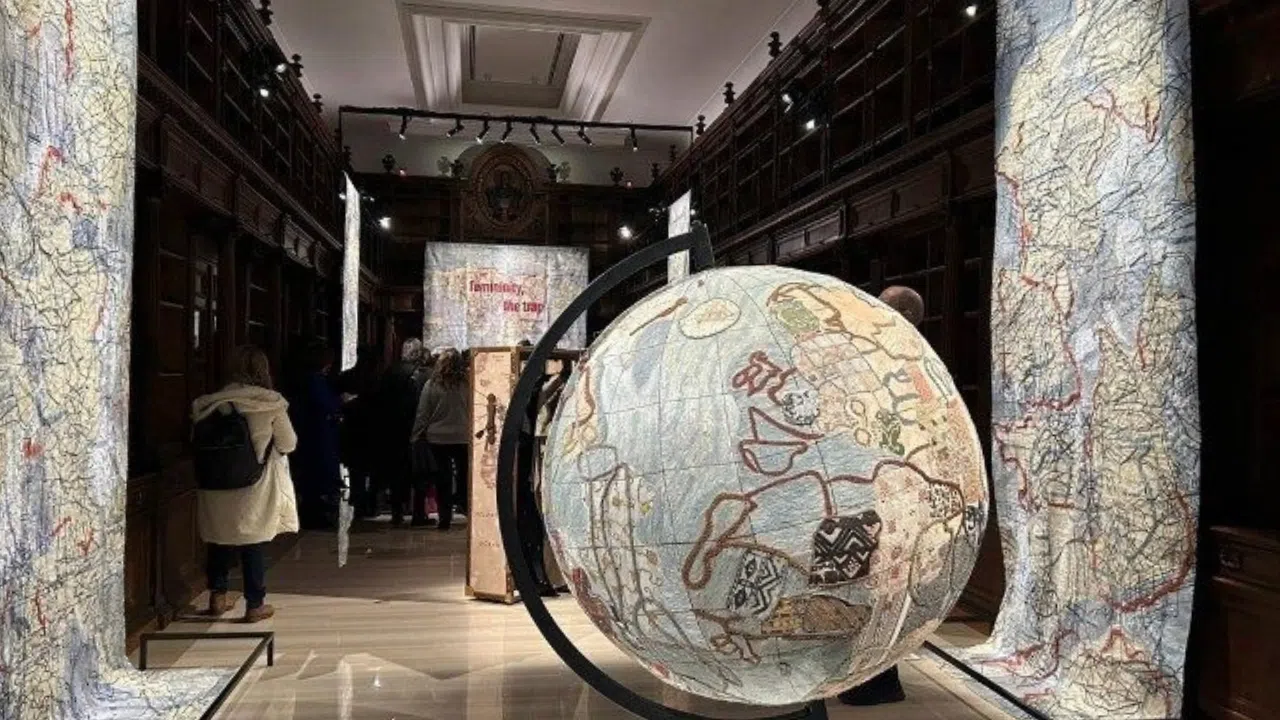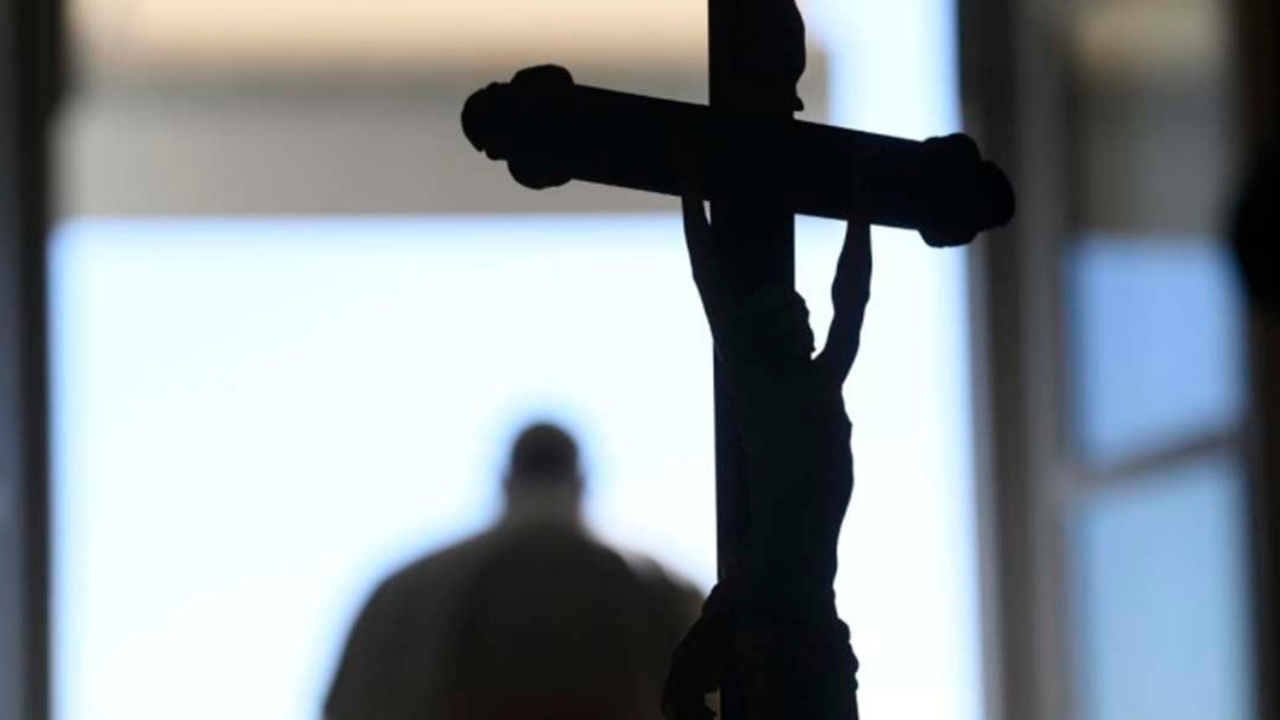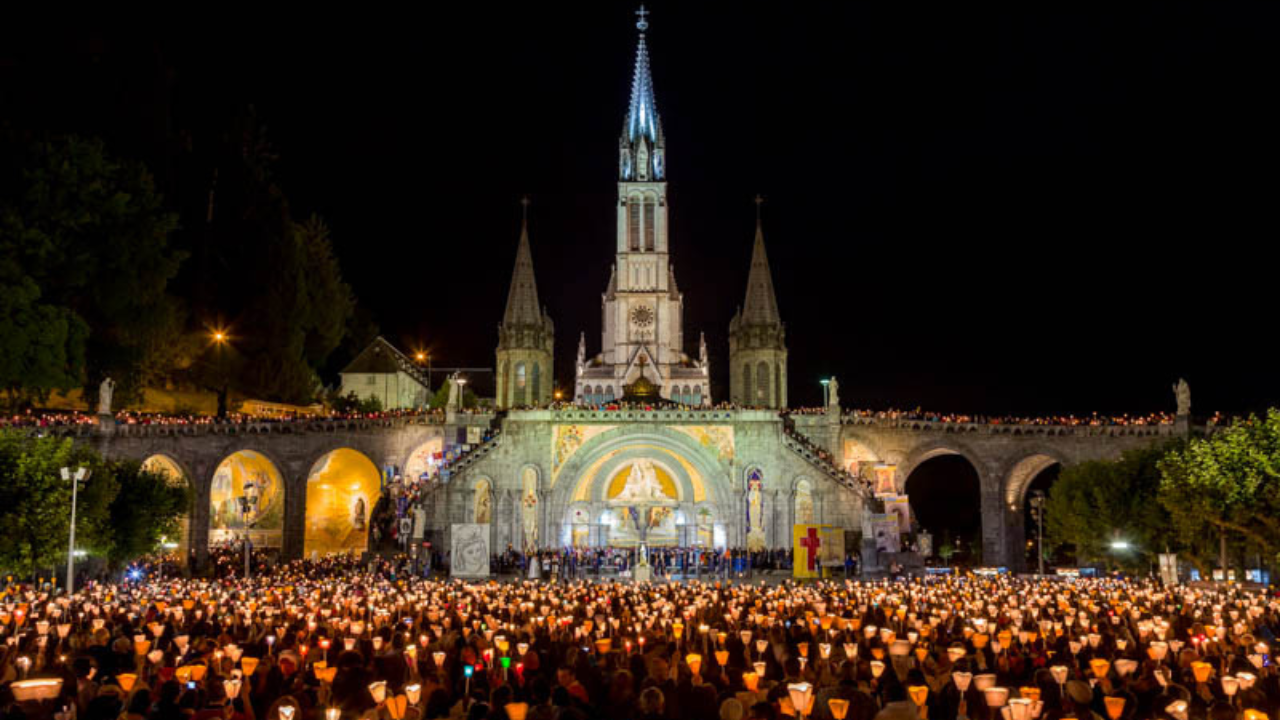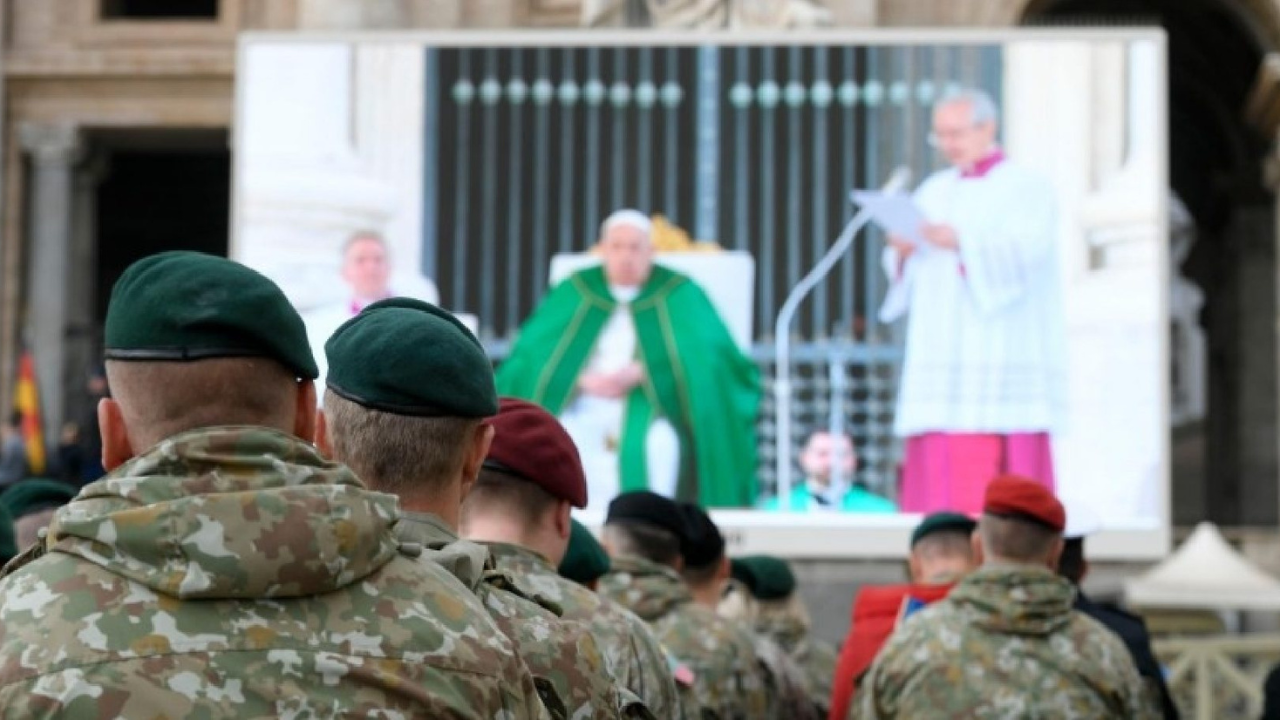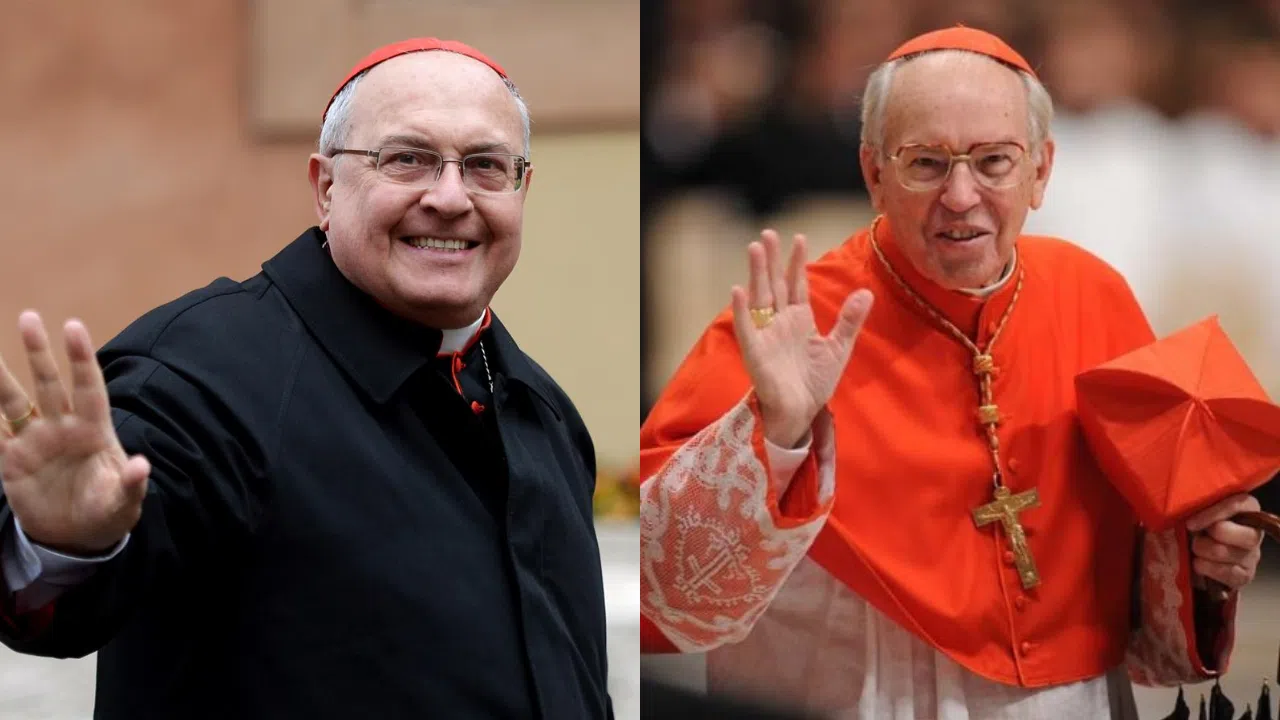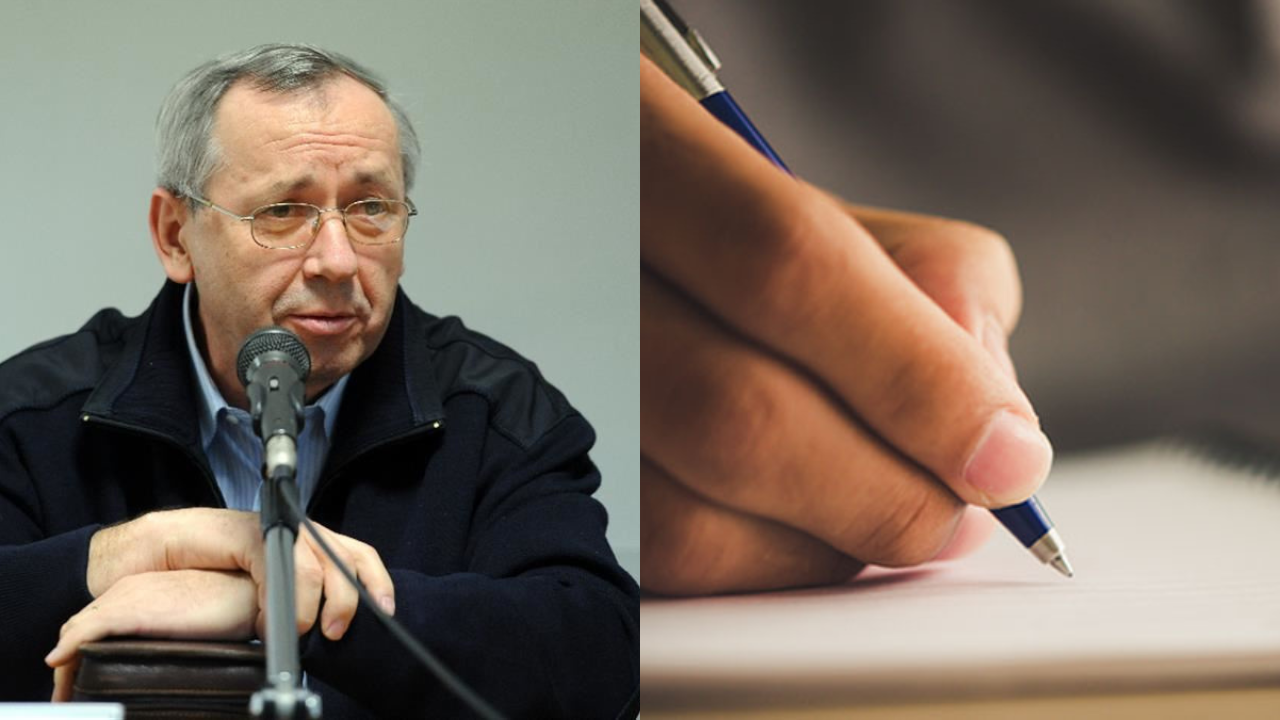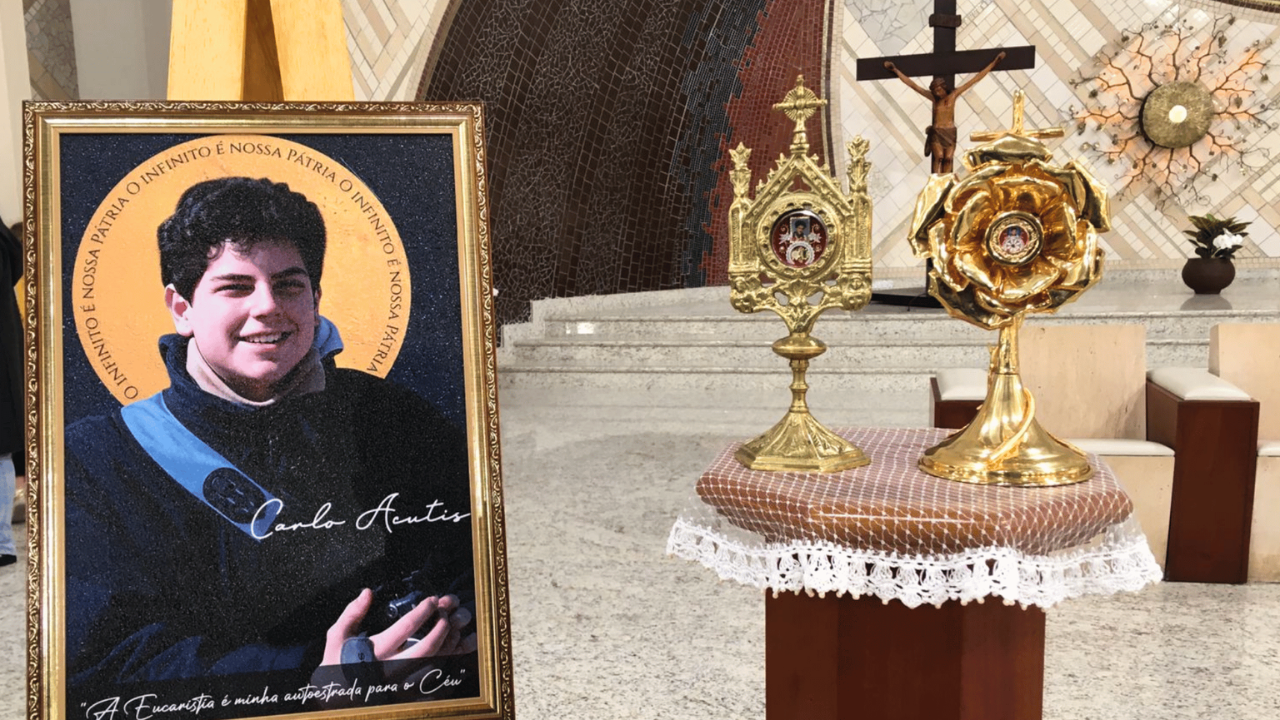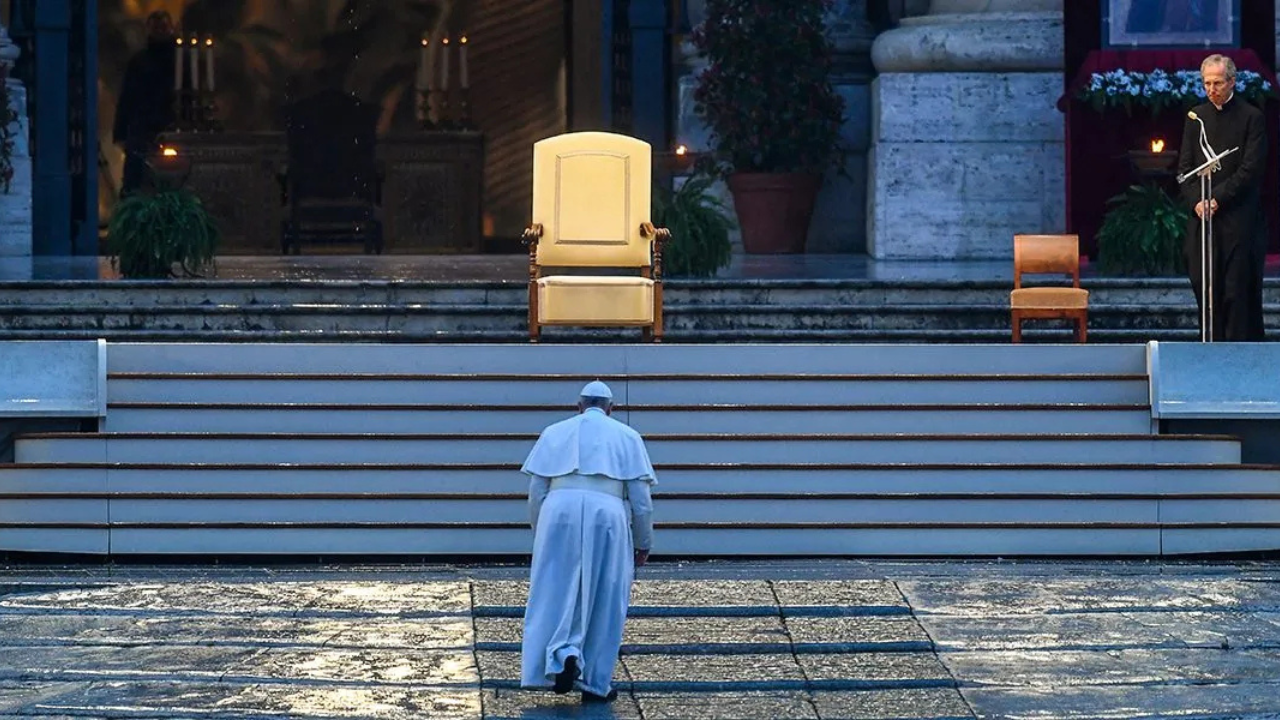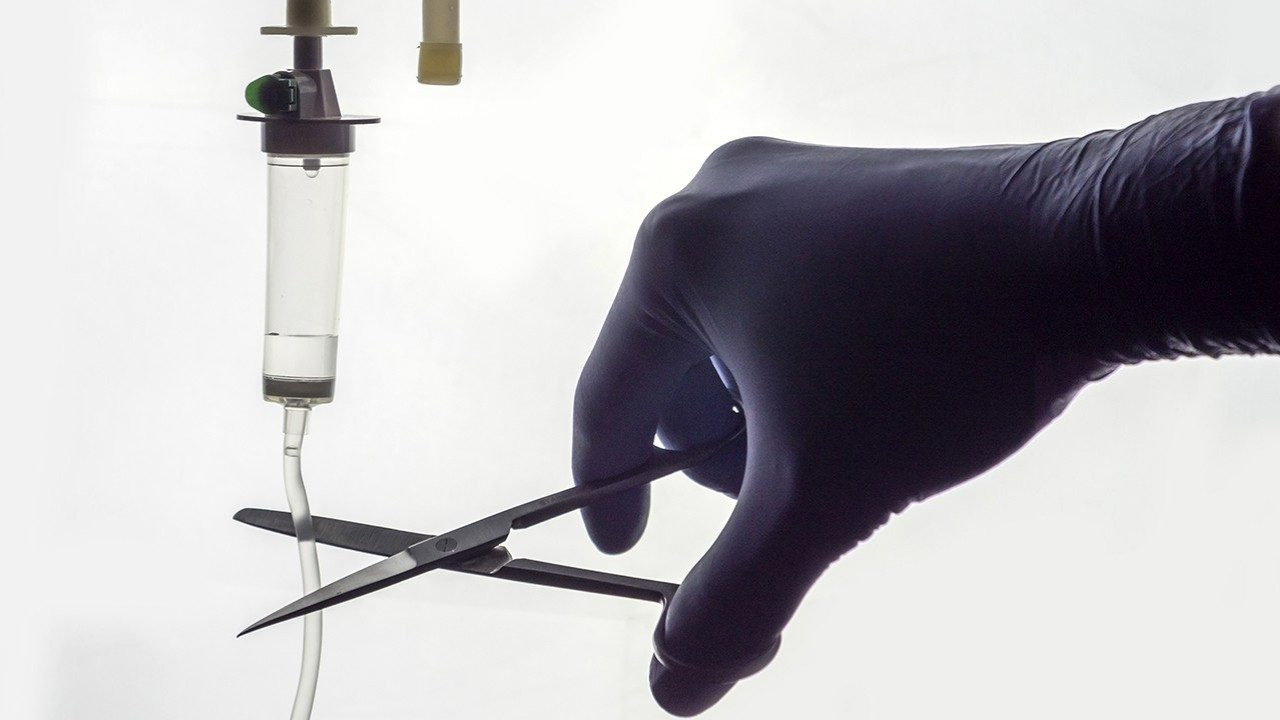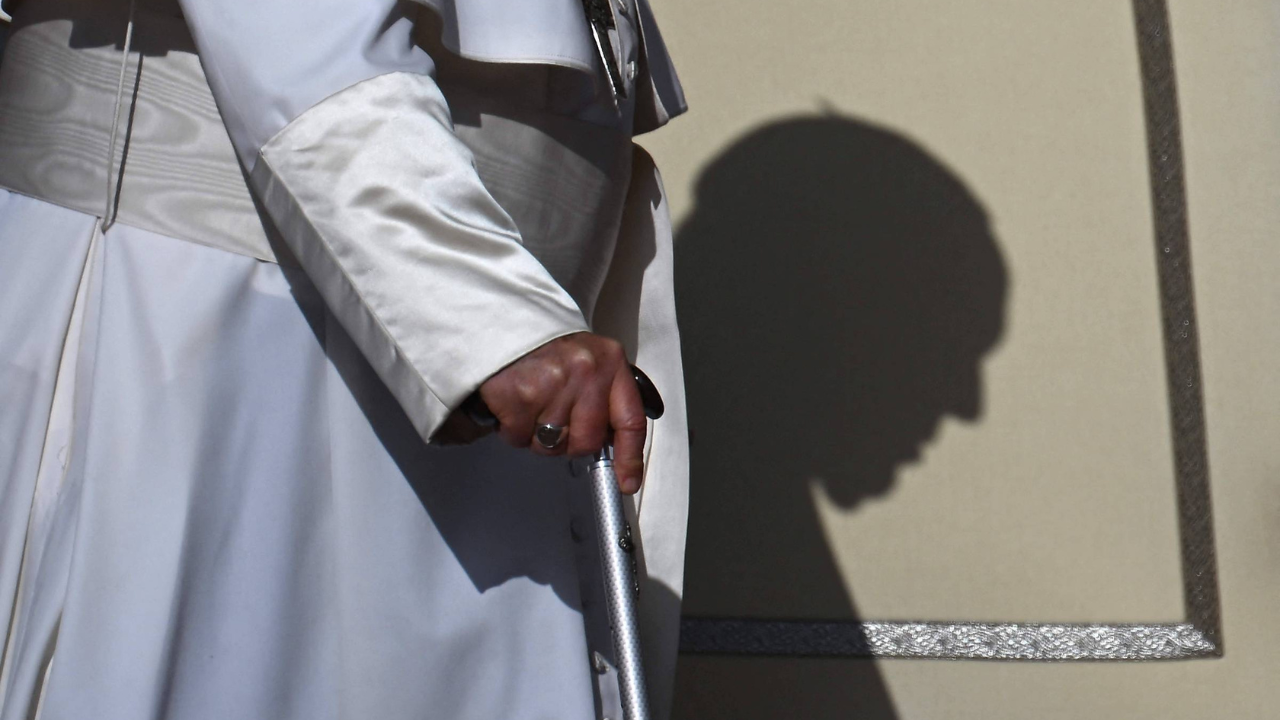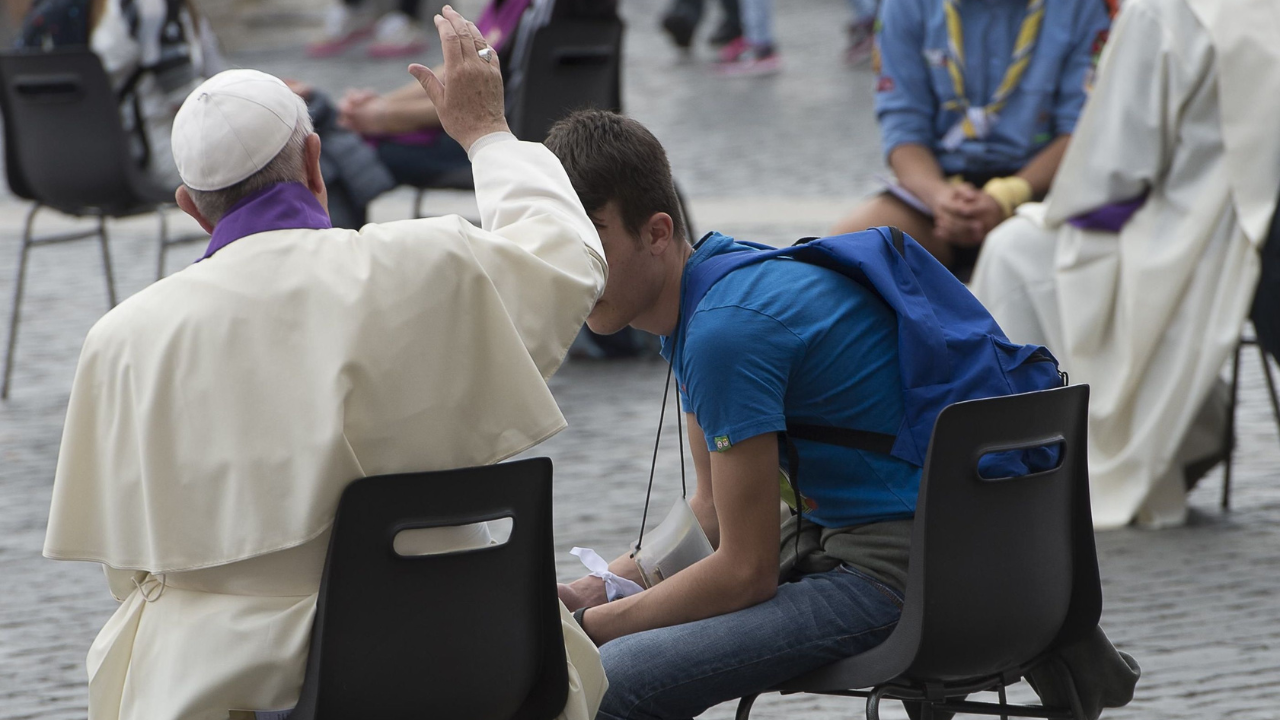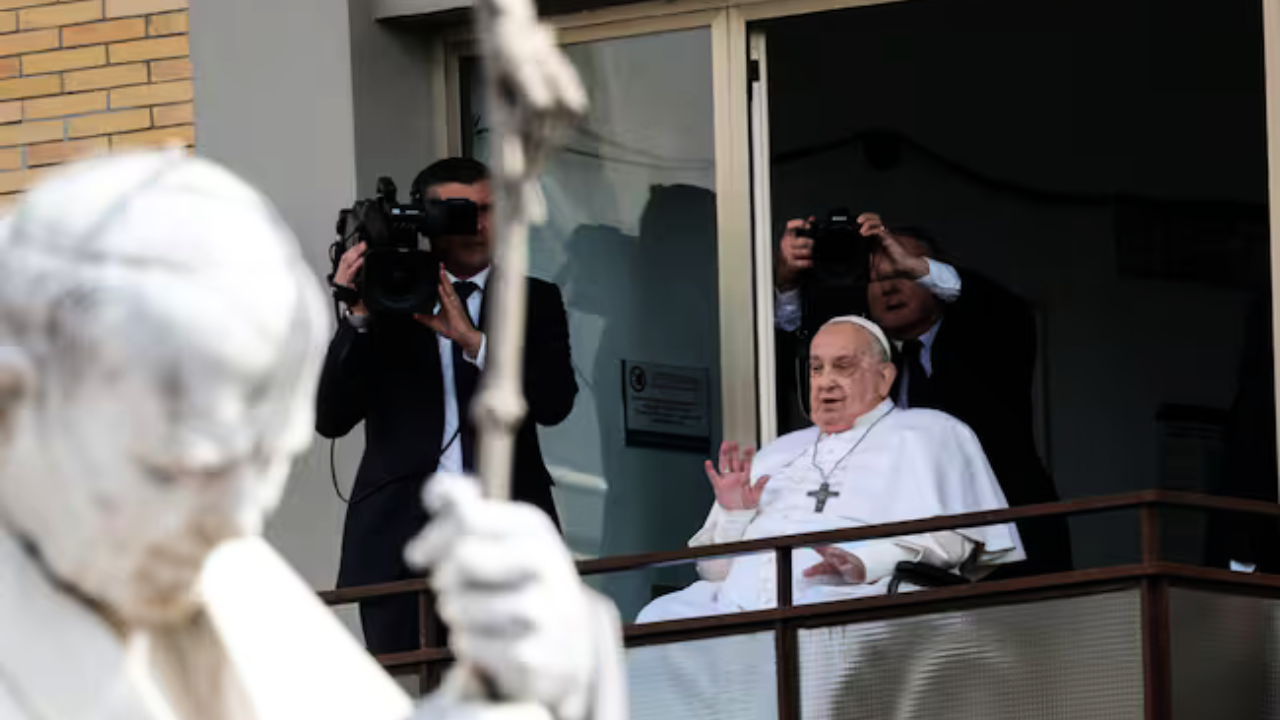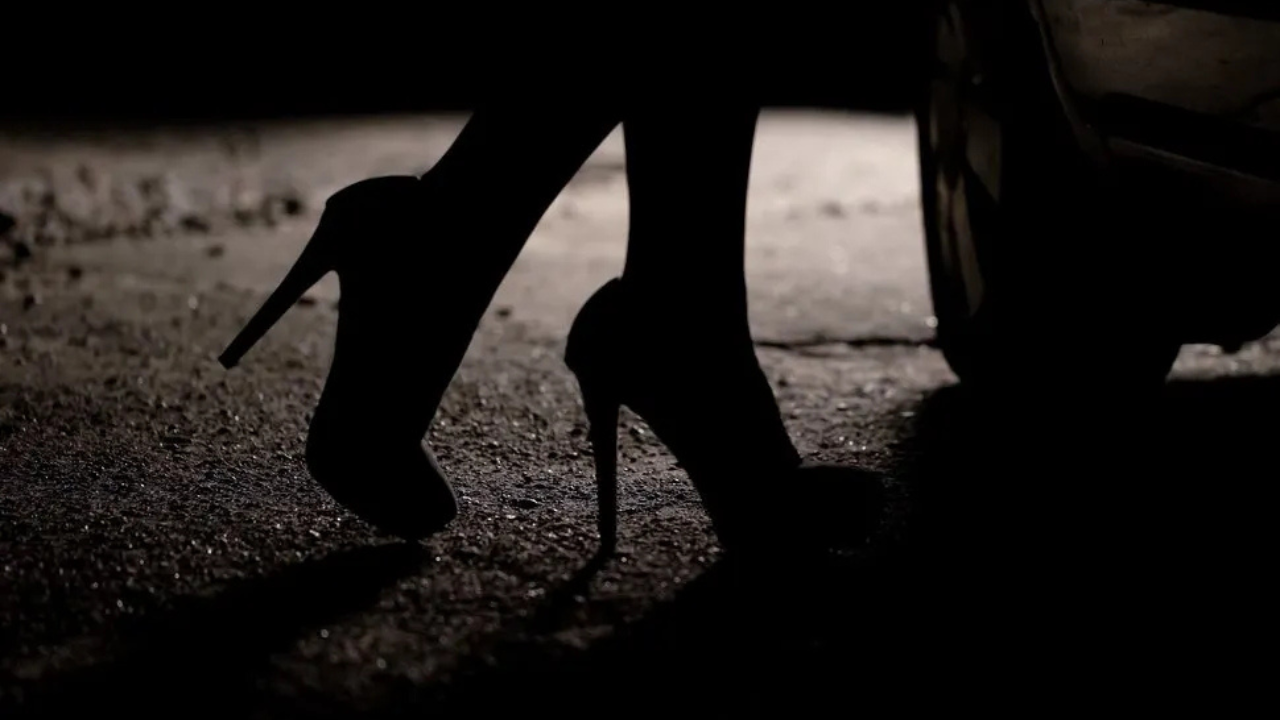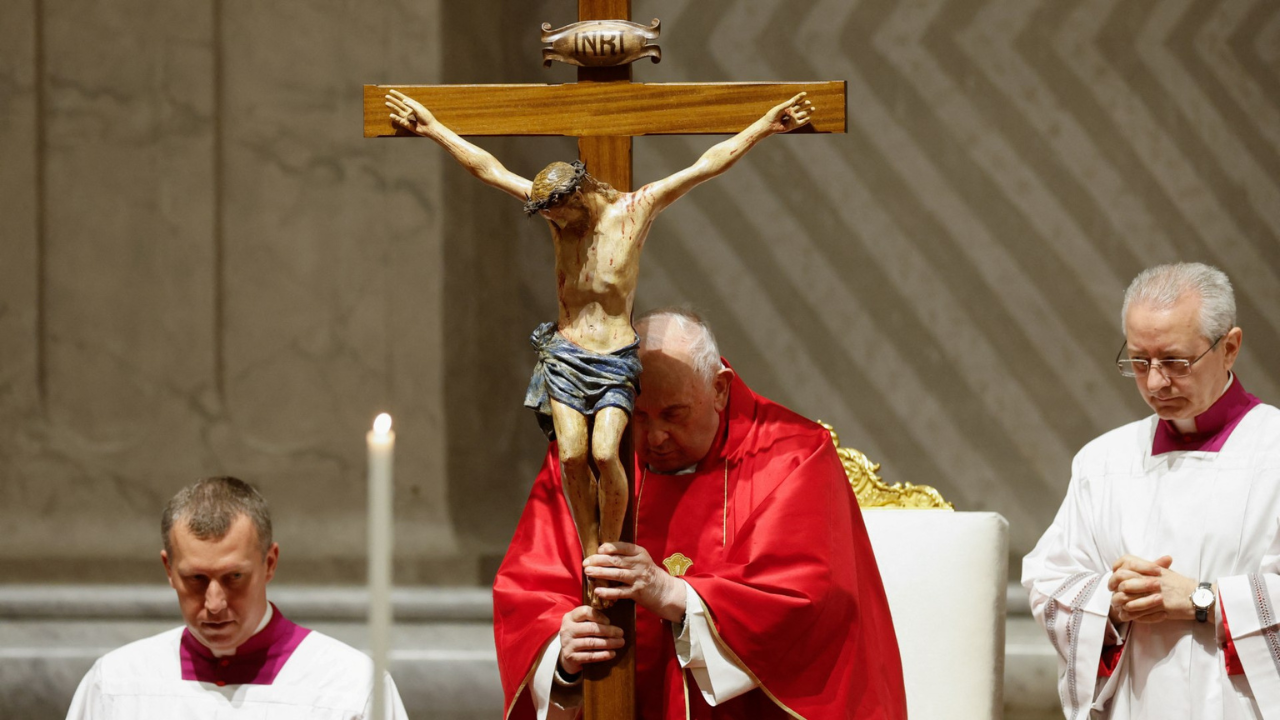After decades of discussion, China and the Holy See have reached an interim agreement to appoint new bishops. Only 48 hours earlier, the Vatican number two suggested that the agreement was imminent.
CARD. PIETRO PAROLIN
Vatican Secretary of State
“Yes, we hope that it will not take too long for this agreement to be signed. We have been working for this for years.”
The agreement was signed in Beijing Saturday, September 22, 67 years after the expulsion of the papal representative and the end to diplomatic relations.
It is a provisional agreement that will be periodically revised. It will allow the Chinese government to propose a candidate as bishop and the pope can decide whether to accept him or not.
In 1957, the Chinese regime created a 'patriotic' Catholic Church that did not recognize the authority of the pope. Since then, it has appointed its own bishops.
In December 2017, there were 101 bishops in China. Of these, 65 were from the Church dependent on the government, and 36 from the underground community, which rejected State control.
Therefore, the two great novelties of this agreement is that now all Chinese bishops are in communion with Rome and, for the first time, Beijing recognizes the authority of the successor of Peter.
The agreement is not perfect, since the pope does not have total autonomy in the appointment; but it is a good start and it apparently improves the current situation of the 12 million Chinese Catholics.
